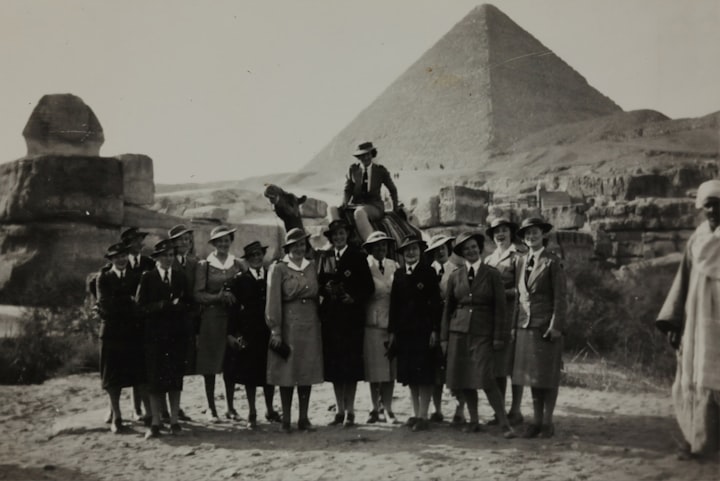The Vietnam War: A Complex Chapter in History
The Vietnam War

The Vietnam War stands as one of the most significant conflicts of the 20th century, leaving an indelible mark on the global political landscape and reshaping the social fabric of nations involved. Lasting from 1955 to 1975, the war was not only a military struggle but also a battleground of ideologies, politics, and cultural shifts. Its legacy continues to reverberate, offering profound lessons about the consequences of foreign intervention, the resilience of nations, and the human cost of conflict.
Roots of the Conflict
The roots of the Vietnam War can be traced back to the mid-20th century when Vietnam was still a French colony. The desire for independence, fueled by nationalist sentiments, led to the First Indochina War (1946-1954), which ended with the Geneva Accords and the partitioning of Vietnam along the 17th parallel. The communist-led Viet Minh controlled the North, while the anti-communist regime governed the South.
Escalation and American Involvement
The escalation of the conflict came with the increasing involvement of the United States. Driven by the policy of containment and the fear of the spread of communism, the U.S. gradually escalated its military presence in Vietnam, first with military advisors and later with combat troops. The Gulf of Tonkin incident in 1964, which purportedly involved attacks on American naval vessels by North Vietnamese forces, provided the justification for direct U.S. intervention.
The Vietnam War exacted a heavy toll on all parties involved. It was characterized by brutal guerrilla warfare, devastating bombings, and widespread atrocities. The use of chemical defoliants like Agent Orange and the horrors of the My Lai massacre underscored the human cost of the conflict. The war also deeply divided American society, sparking widespread protests, draft evasion, and social unrest at home.
Opposing Forces
On one side stood the communist forces of North Vietnam, led by Ho Chi Minh and supported by the Soviet Union and China. On the other side, the U.S. and its allies backed the government of South Vietnam. Despite the technological superiority of the American military, the conflict turned into a protracted and grueling struggle against a determined enemy.
Turning Points and Controversies
The Tet Offensive in 1968 marked a turning point in the war. Though militarily costly for the Viet Cong and North Vietnamese forces, it shattered American confidence in the official narrative of progress and victory. The images of urban warfare and casualties broadcasted into American living rooms deepened public disillusionment with the war effort.
The war's conduct also raised ethical questions about the use of force and the treatment of civilians. Reports of civilian casualties, the targeting of villages suspected of harboring Viet Cong sympathizers, and the erosion of moral principles fueled debates about the legitimacy of U.S. involvement.
End of the War
By the early 1970s, the American public's opposition to the war reached a crescendo, prompting policymakers to seek a negotiated settlement. The Paris Peace Accords of 1973 provided for the withdrawal of U.S. forces and a ceasefire between North and South Vietnam. However, the peace was short-lived, as fighting resumed, leading to the fall of Saigon and the reunification of Vietnam under communist rule in 1975.
Legacy and Lessons
The Vietnam War left a profound legacy that continues to shape international relations and military doctrines. It shattered the myth of American invincibility and forced a reevaluation of military strategies and foreign policy objectives. The war also highlighted the limitations of military power in resolving complex political conflicts and the importance of understanding local dynamics and historical contexts.
Moreover, the Vietnam War sparked a generation of activism and social change, galvanizing movements for civil rights, peace, and environmental protection. Its impact on popular culture, literature, and film reflects a collective effort to grapple with its complexities and reckon with its human toll.
In conclusion, the Vietnam War remains a stark reminder of the consequences of ideological confrontation, the limits of military intervention, and the resilience of those caught in the crossfire. As the world continues to confront new challenges and conflicts, the lessons of Vietnam endure as a cautionary tale and a call to heed the human costs of war.






Comments (1)
its excellent writing and informative content.